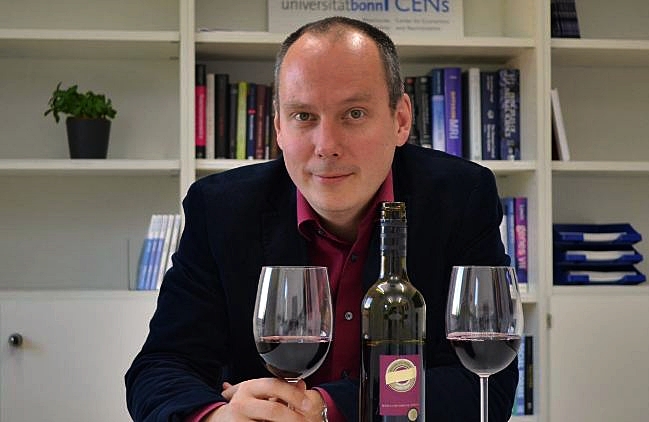Arthur J. Villasanta – Fourth Estate Contributor
Bonn, Germany (4E) – The reasons why more expensive wines or chocolates taste much better than cheaper versions aren’t merely the end result of better production processes. It’s also because we expect more expensive products to taste better, and this expectation affects the taste processing regions in our brains.
Researchers at the University of Bonn in Germany described this phenomenon in which identical products are perceived differently due to differences in price as the “marketing placebo effect.” As with placebo medications, it has an effect solely due to ascribed properties, in this case, the more expensive wine must taste better than an inexpensive one.
Researchers assessed how different prices are translated into corresponding taste experiences in the brain, even if the wine tasted does not differ.
Thirty participants took part in the study, of which 15 were women and 15 were men, with an average age of around 30 years. All of the experiments were performed in the brain scanner at the Life & Brain Center at the University of Bonn.
The research team discovered that all parts of the medial pre-frontal cortex and the ventral striatum were activated more when prices were higher. They also said that identical wine leads to a better taste experience when a greater quality expectation is associated with the wine due to its price. The measurements of brain activity in the MRI scanner confirmed this.
The team found the medial pre-frontal cortex appears to be involved in integrating the price comparison and thus the expectation into the evaluation of the wine, the ventral striatum forms part of the brain’s reward and motivation system.
“The reward and motivation system is activated more significantly with higher prices and apparently increases the taste experience in this way,” said Prof. Bernd Weber, Acting Director of the Center for Economics and Neuroscience at the University of Bonn.
“Ultimately, the reward and motivation system plays a trick on us,” said INSEAD post-doctoral fellow Liane Schmidt.
When prices are higher, it leads us to believe that a taste is present that is not only driven by the wine itself, because the products were objectively identical in all of the tastings.
“The exciting question is now whether it is possible to train the reward system to make it less receptive to such placebo marketing effects,” said Prof. Weber.
Article – All Rights Reserved.
Provided by FeedSyndicate





















